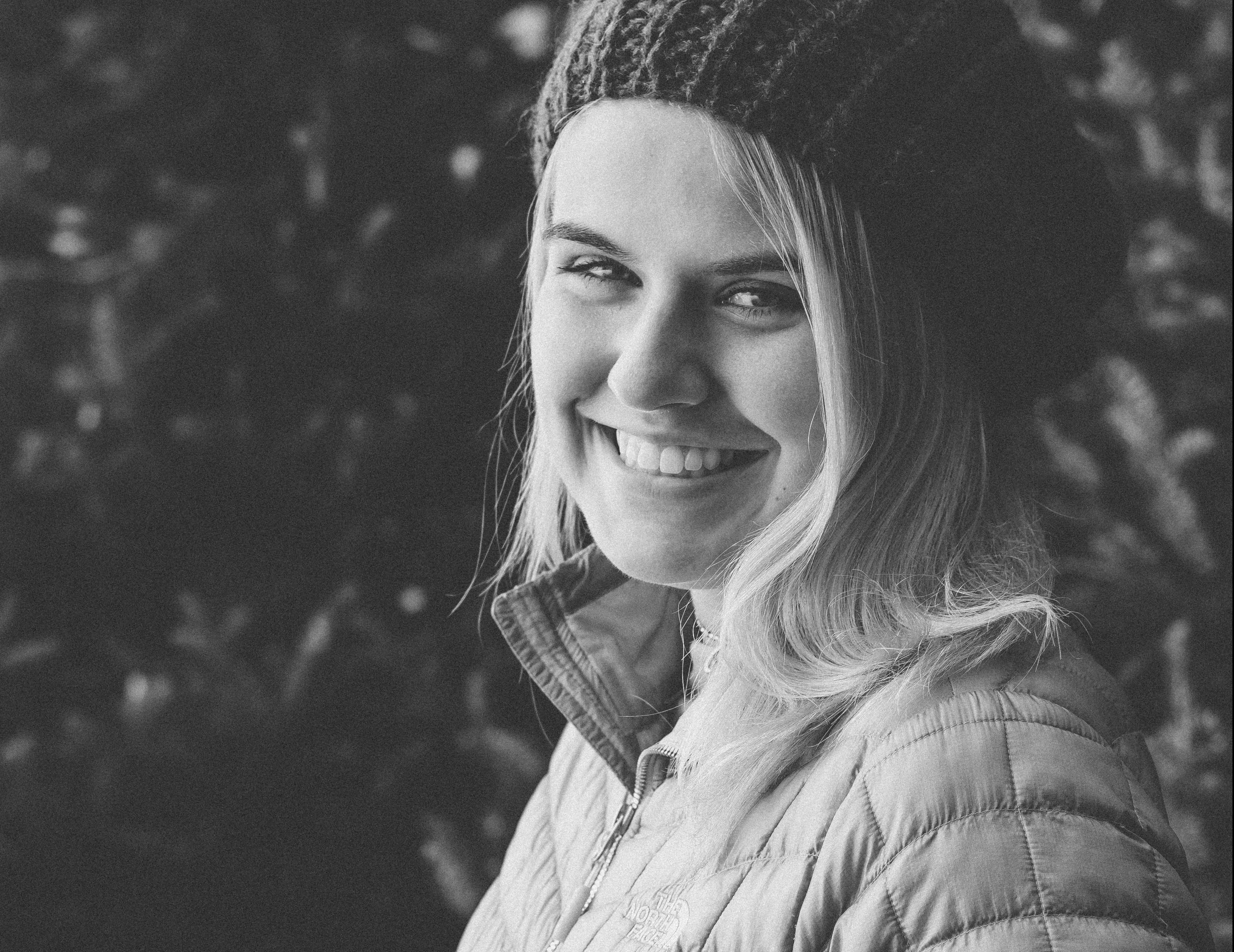Statistically speaking, it’s rare for women to be in the STEM field. Roughly 6.7 percent of college women graduate with a degree in STEM, compared to 17 percent of male college students. Women are often not encouraged to pursue STEM careers, and when they do, they’re met with disbelief.
American University student Addison Keilty is here to change the stereotype that sorority women belong in “easy” fields. To do so, she founded Sorority Girl in the Science Field, a website intended to disprove the stereotype that sorority women are not involved in the sciences.
Keilty, a junior majoring in environmental studies with a minor in marketing, was fed up with the negative connotation the word sorority seemed to have around others in the science world. Her passion for science, particularly environmentalism, began when she just a kid. “My parents were really into getting my brother and I outdoors, so we would go hiking, camping, fishing, etc., on the weekends, and to the beach over the summers,” she says. “I have always loved being outside, so I knew I wanted to study something regarding the environment.”
She went on to apply and be accepted into the prestigious Forman Rainforest Project, where she was able to pursue this passion. “The program was a dream come true for me. I was able to learn extensively about tropical ecology and the conservation efforts that are so crucial in order to protect our environment. Through the project, I was also able to take a ten-month course in tropical ecology and then travel to Costa Rica for three weeks to conduct research on a species of spider called the Nephila clavipes. This trip sparked my interest in field research as a whole,” she says. Keilty has returned to Costa Rica three more times to continue studying different areas of tropical ecology.
During her second semester, Keilty made the decision to go through recruitment, something she had not considered before, after seeing that many of her friends were going to participate “When I was applying to colleges, the last thing I factored in was whether or not the university had Greek life. I didn’t know anyone in a sorority or fraternity and didn’t believe it was for me.”
However, she found herself in awe of the women she met. “I was so taken aback by the incredible women that I met during recruitment and after joining Delta Gamma. These women were not the ditsy girls I pictured they’d be like in ‘Legally Blonde’ or any of those other Hollywood movies that portray sorority girls. Many of these women, including in my sorority alone, will soon become doctors, lawyers, business entrepreneurs and politicians. Or, in my case, an environmental scientist,” says Keilty.
As college went on, Keilty saw that she and many of her sorority sisters, as well as female students in general, were often disregarded in the science field, and discounted as less serious or less competent. She says, “Even now, in 2017, women are still working and fighting to being treated equal in the academic world. In many fields of study and work, including the sciences, women are under-represented and remain the minority.”
Thus, the idea for Sorority Girl in the Science Field (SGSF) was born. “As a member of a sorority, I feel that I have a unique voice as one of a group of hardworking women to break down the belief that sorority women are not making contributions to science,” she says. “Through SGSF, I hope to share my knowledge and enthusiasm for environmental research, particularly rainforest ecology, as an engaged sorority sister focused on combining these two interests in a positive light.”
Keilty believes that she can motivate more girls to pursue science through continuing to be vocal about her own involvements in the field. She provides an outlet for just that on her website via the Science Sister Spotlight section, which highlights outstanding sorority women in the science field.
She says, “I started Science Sister Spotlight because I knew that in my sorority alone, there were over ten difference science majors. I wanted to learn more about other science majors in my own sorority, and then other sorority women started reaching out. Together we will dispel the notion that women in sororities are not involved members of the science field by making our fields of study known.”
She knows that the science field is a difficult one to pursue, but the payoff is infinitely rewarding. For young girls considering entering the science world, she says, “Do it. It is not easy, but it is so, so worth it. Do your research and reach out to others who are in your prospective field.”
This strong feeling of community amongst women in the science field is echoed in the warm reception SGSF has received. “I have received a lot of amazing feedback since starting SGSF,” she says. “Sorority members from across the country have reached out to me asking to be featured or asking for advice on how to go about declaring a science major. I have been really pleased by the amount of support I have received.”

















